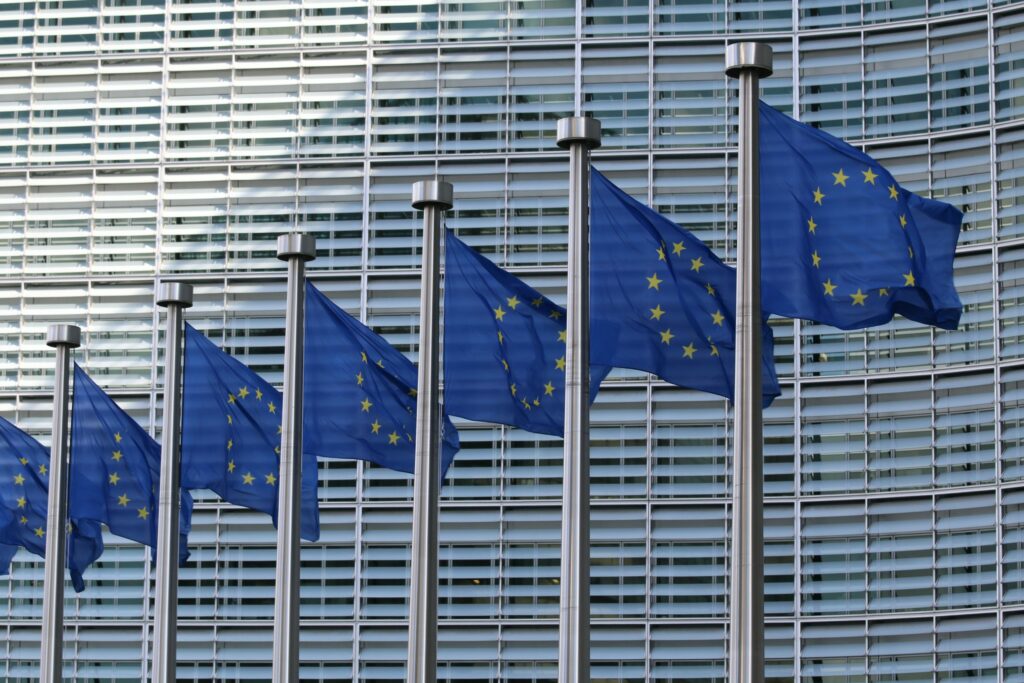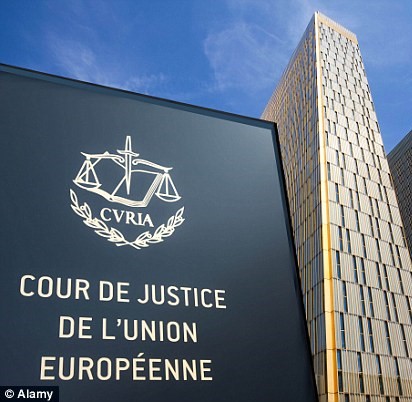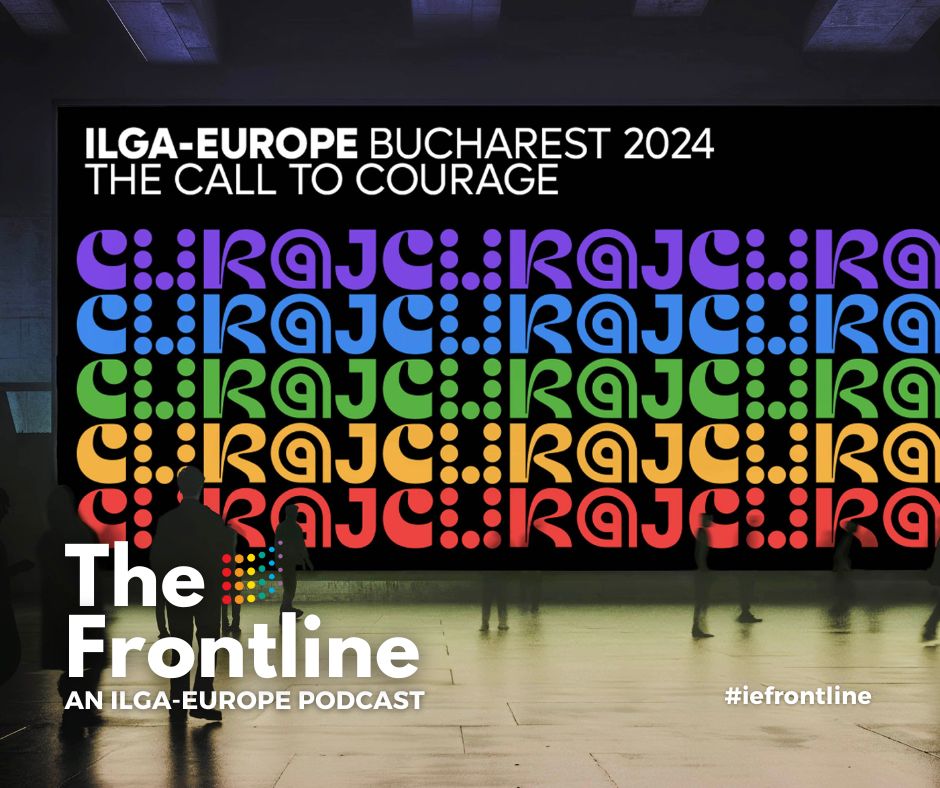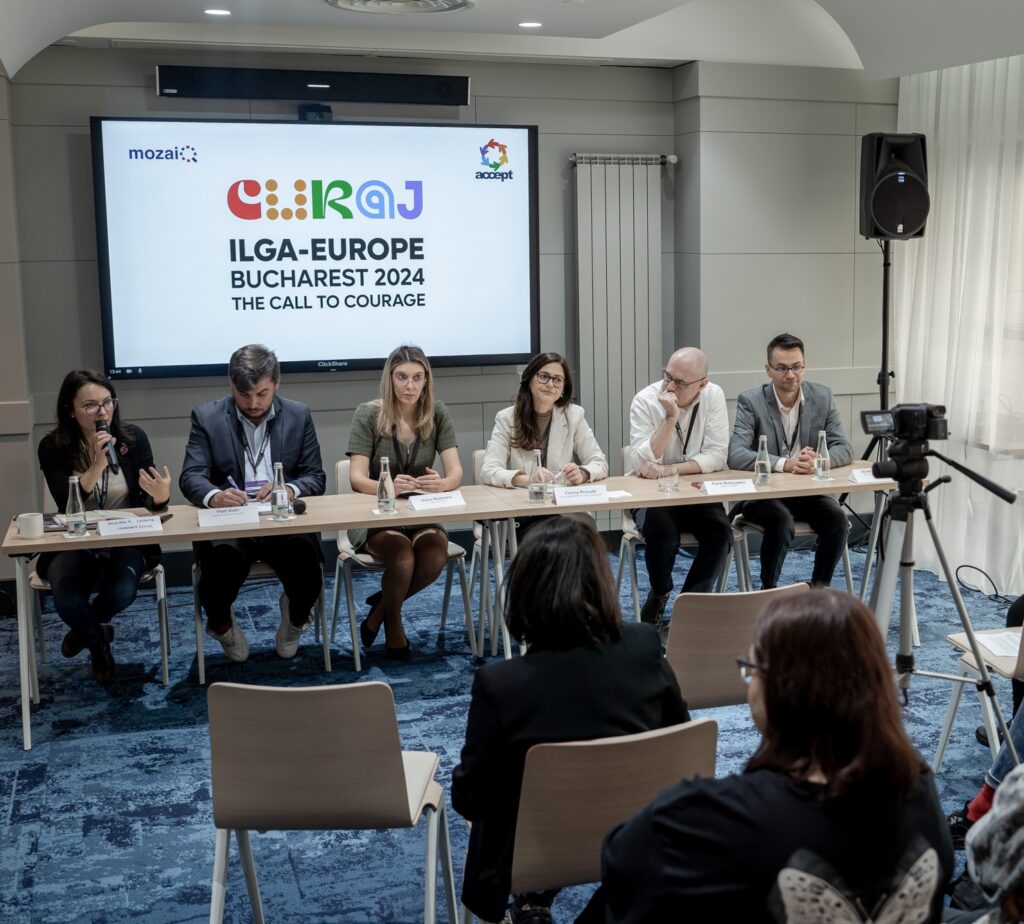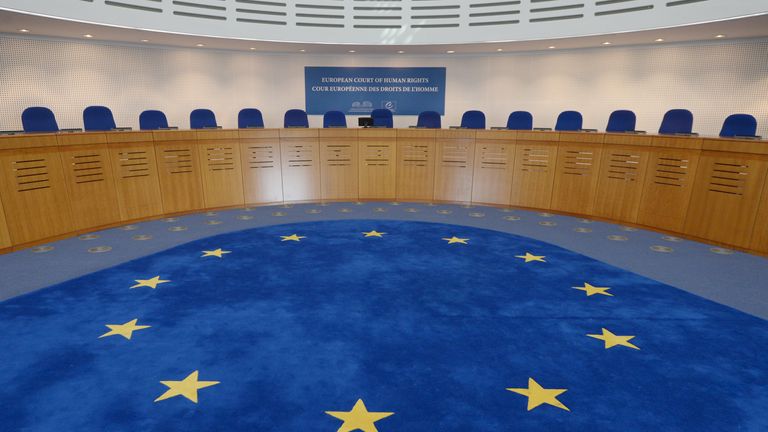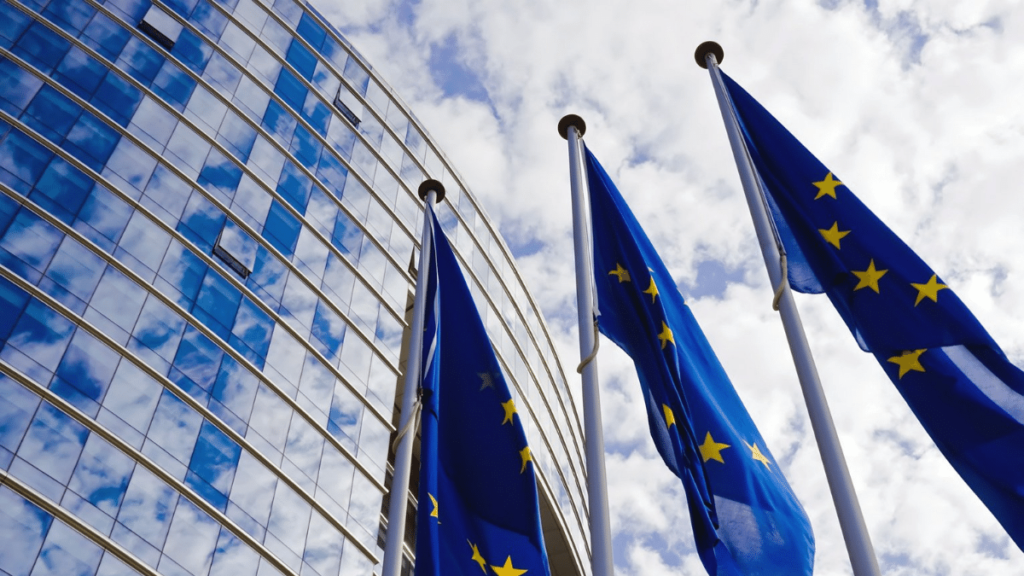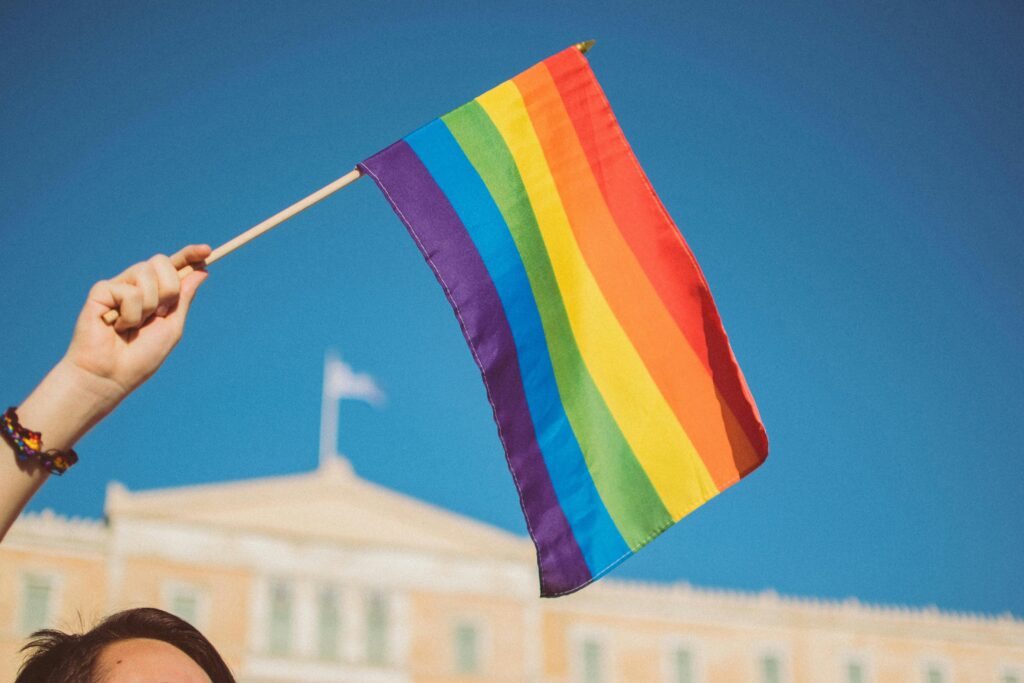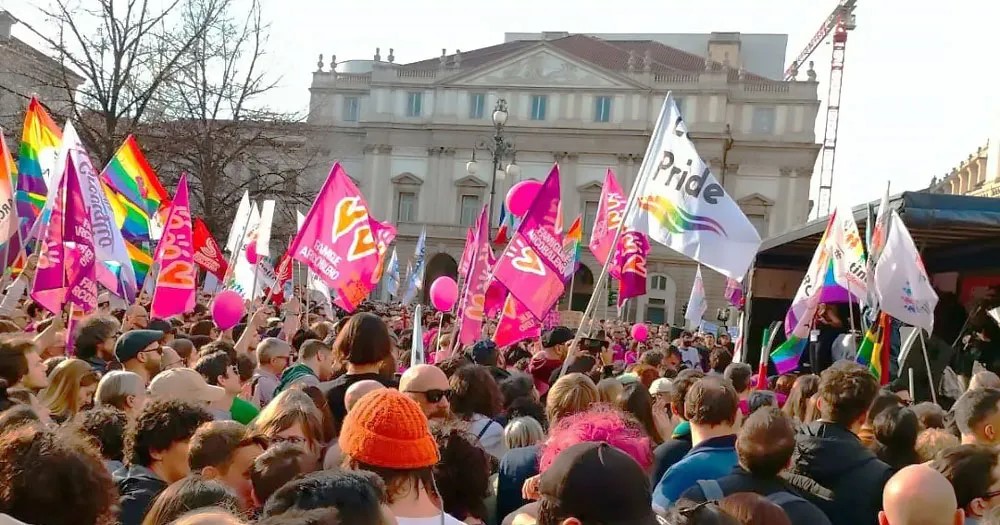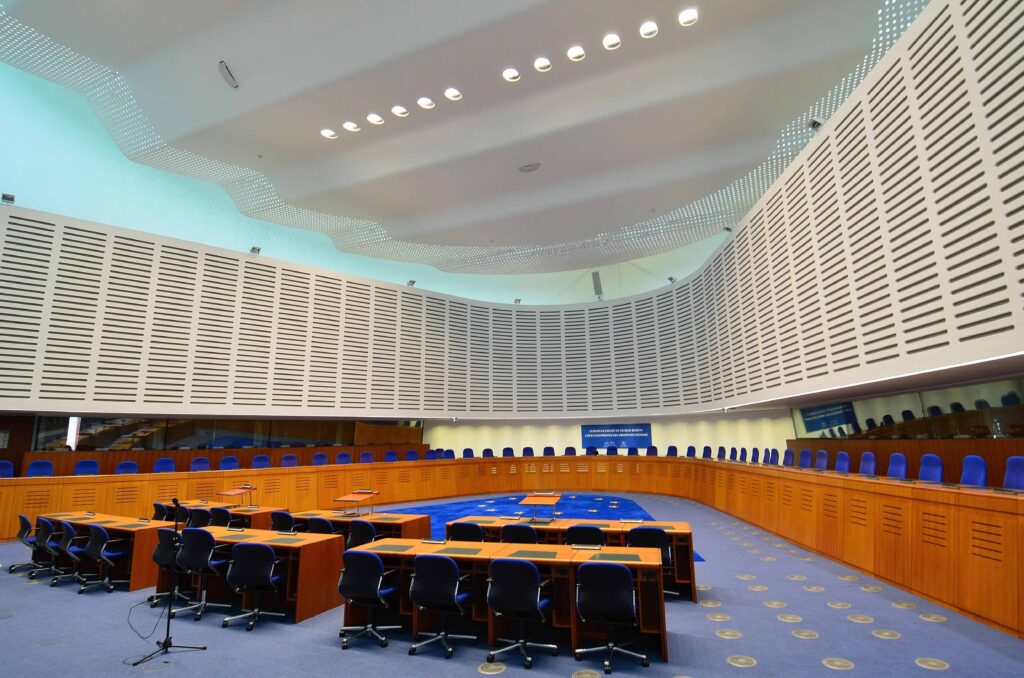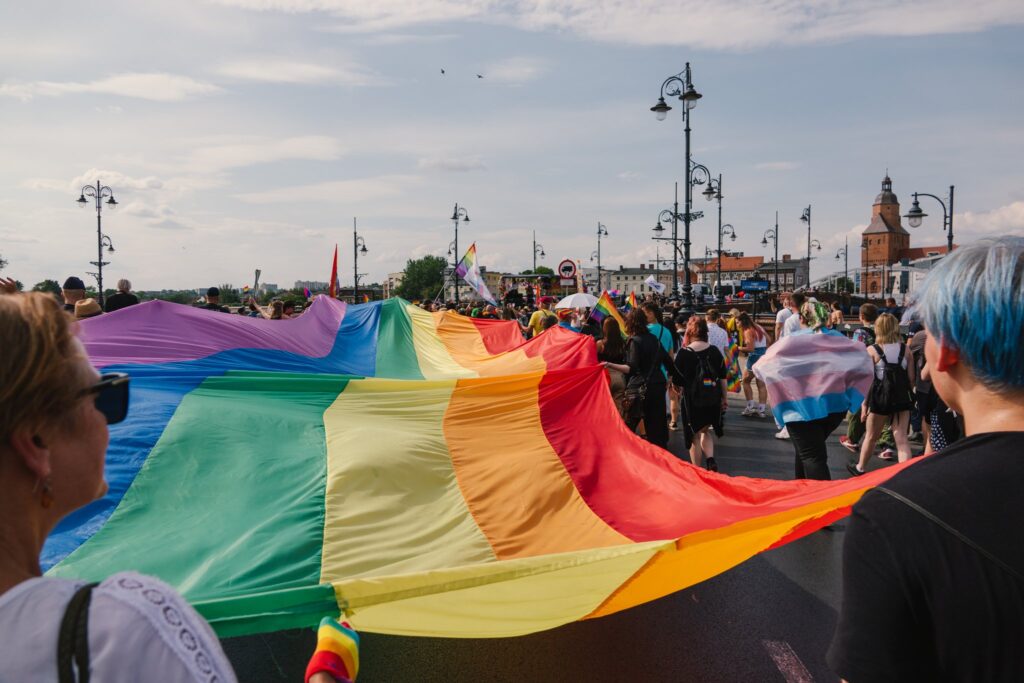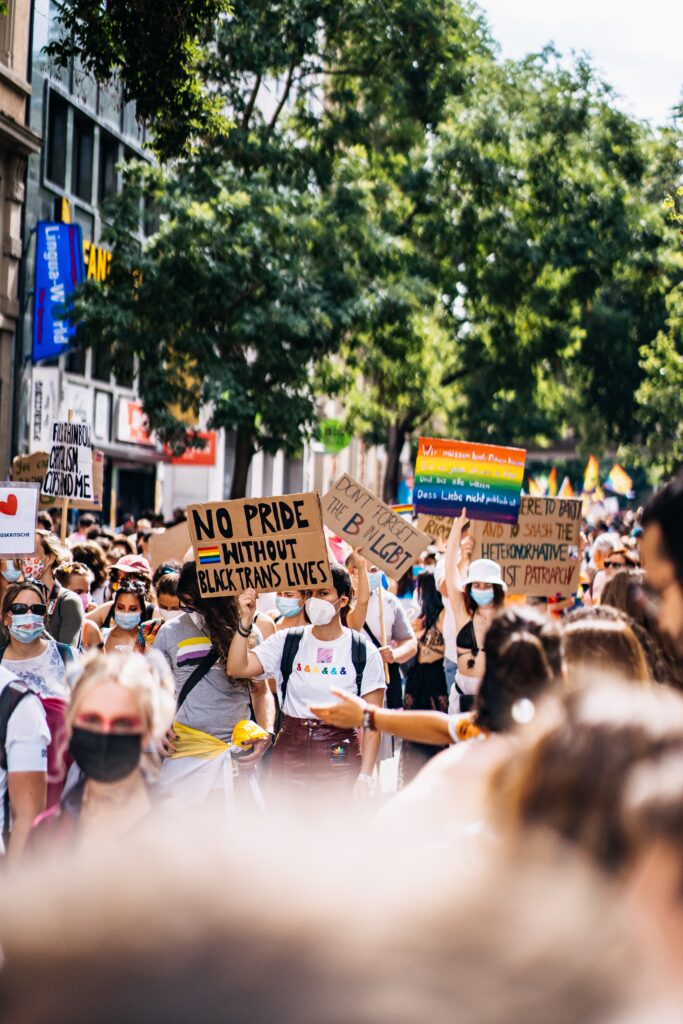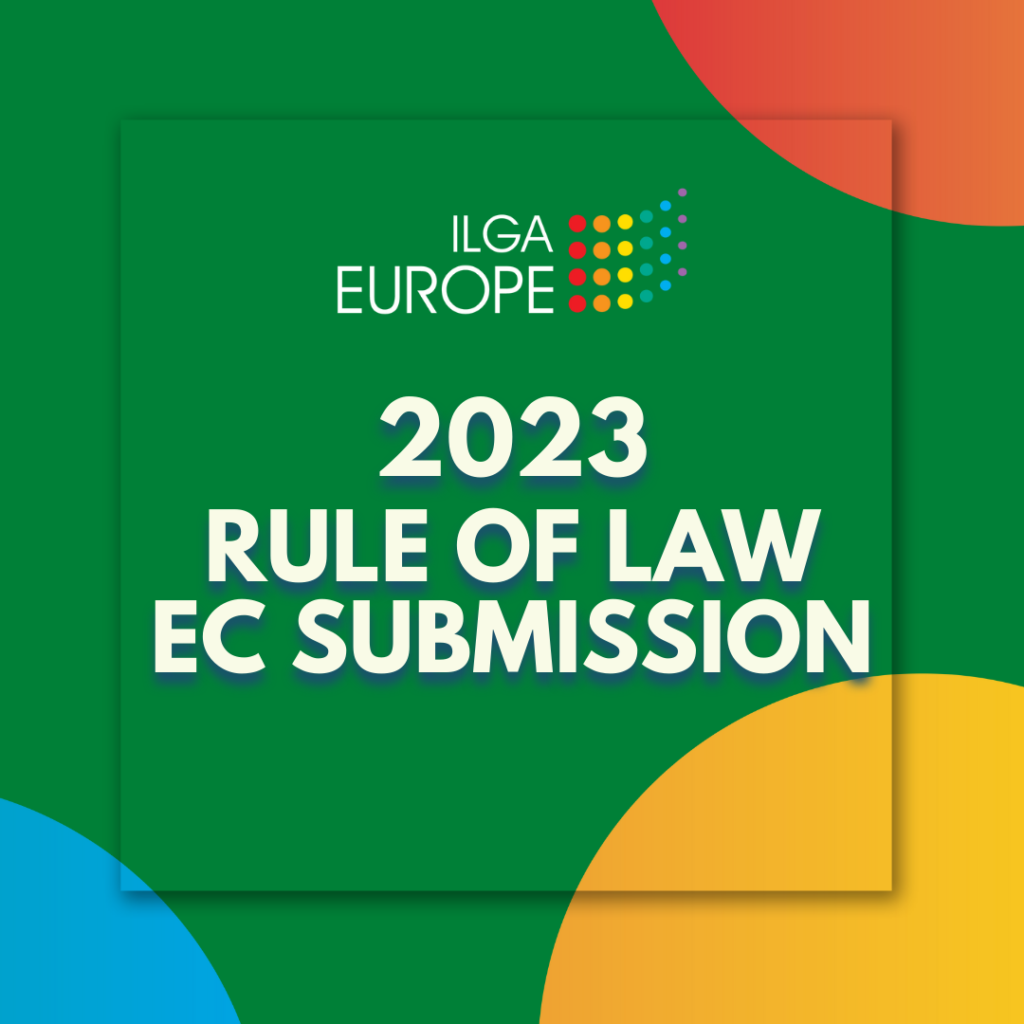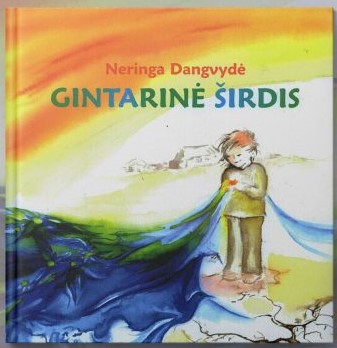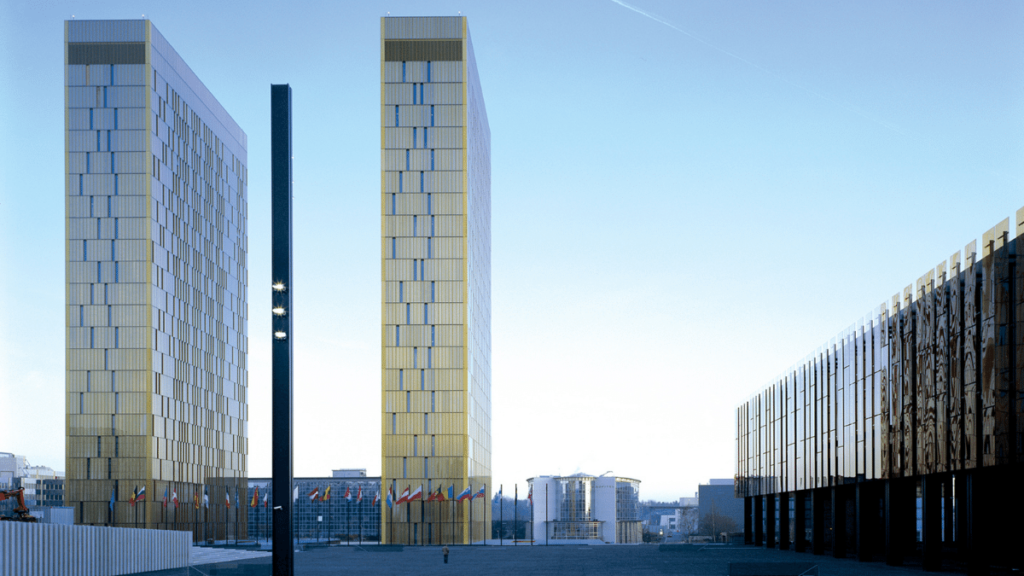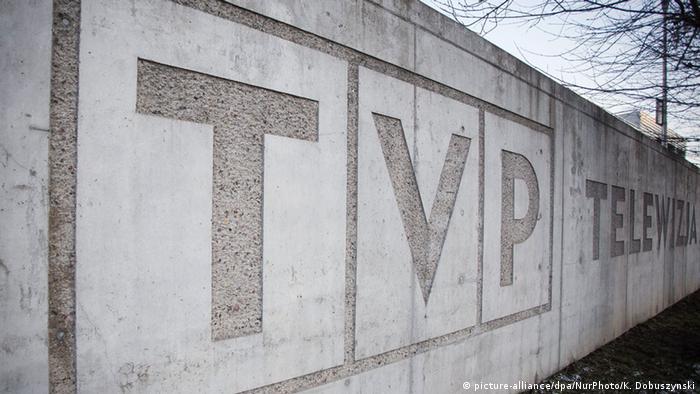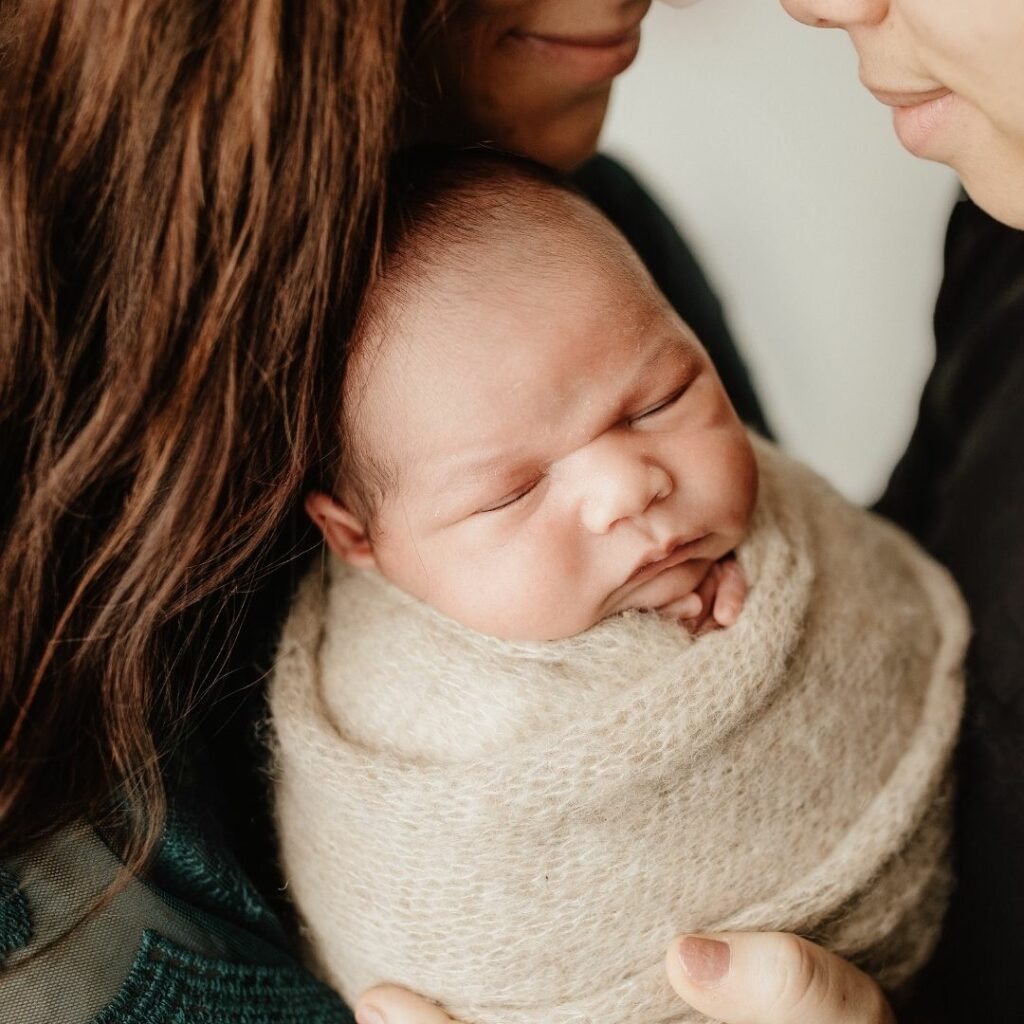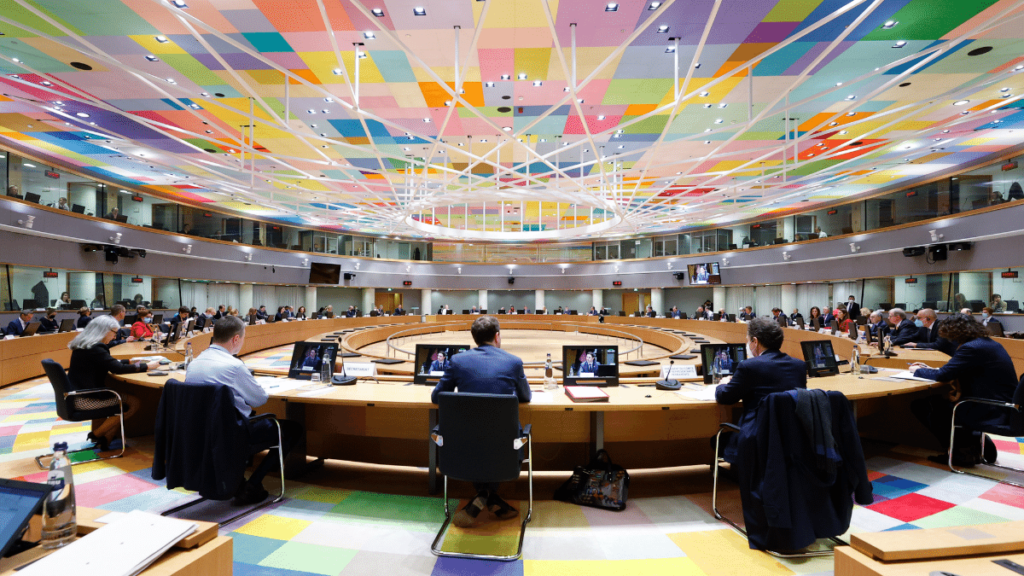Poland must ensure that same-sex couples are legally recognised, European Court rules
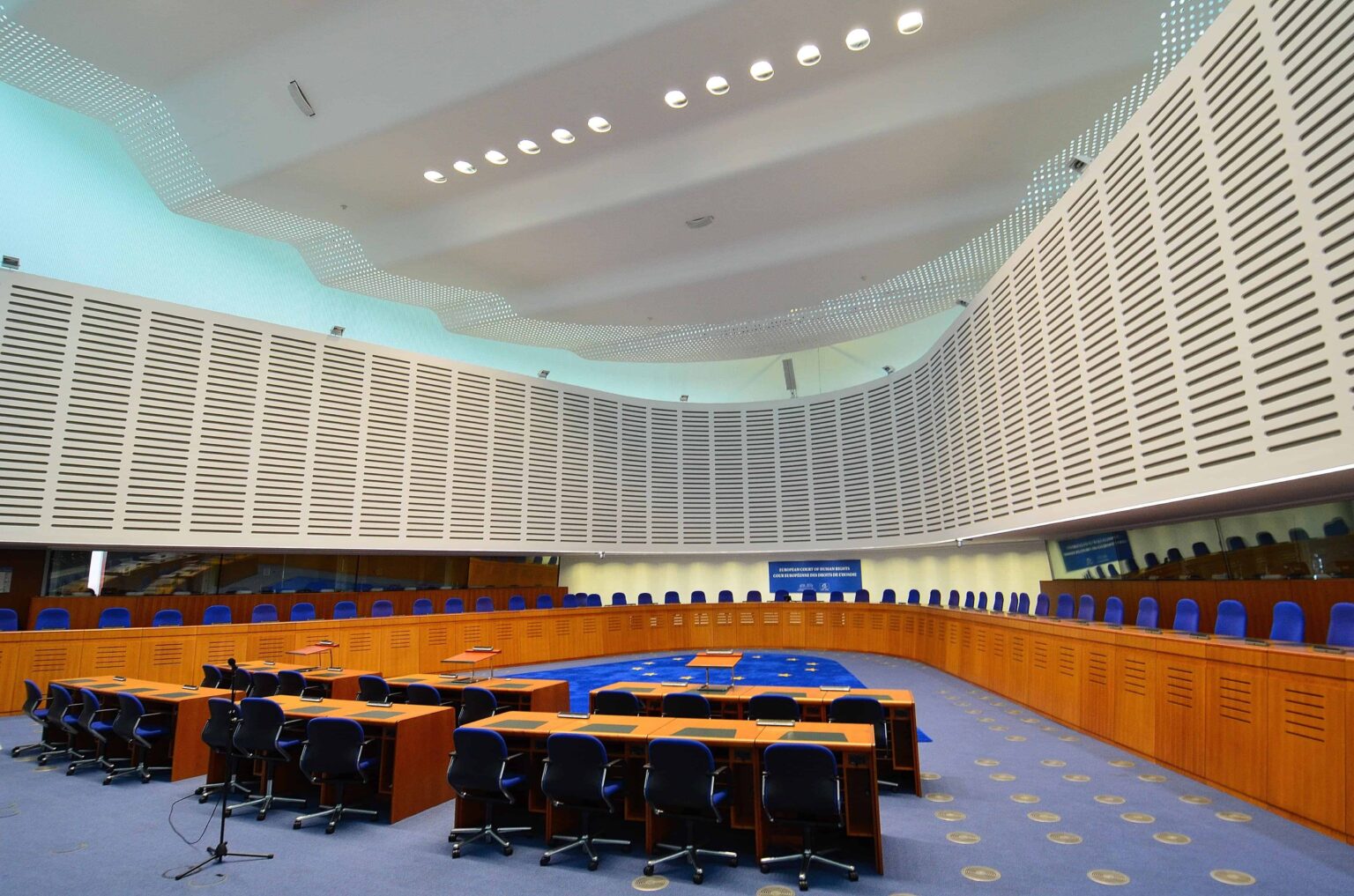
The European Court of Human Rights has issued a judgement against Poland in a case taken by five same-sex couples in the country, seeking to have their relationships legally protected.
Today, in the case of Przybyszewska and Others v. Poland, the European Court of Human Rights (ECHR) ruled that the Polish State is in violation of Article 8 (right to respect for private and family life) of the European Convention on Human Rights, having failed to comply with its duty to ensure that the applicants had a specific legal framework providing for the recognition and protection of their same-sex unions.
That failure had resulted in the applicants’ inability to regulate fundamental aspects of their lives and amounted to a breach of their right to respect for their private and family life.
The case was taken to the ECHR in 2017 and 2018 by five same-sex couples in stable relationships who live in the Polish cities of Lodz, Cracow and Warsaw.
Since marriage is the only way to formalise a relationship in Poland, the couples independently decided to marry a few years ago and approached their local civil registry offices in order to carry out the necessary formalities to get married. The authorities refused to marry them, as under Polish law marriage can only be between a man and a woman.
One of the Polish Government’s arguments was that the traditional concept of marriage as a union of a man and a woman constituted Poland’s social and legal heritage, but the Court noted that the present case did not concern same-sex marriage. Member States, it said, are able to determine the exact nature of the legal regime to be made available to same-sex couples, but have significantly less discretion when it comes down to legal recognition and protection in general.
The Court therefore concluded that the Polish legal framework could not be said to provide for the core needs of recognition and protection of same-sex couples in a stable and committed relationship. Same-sex partners are unable to regulate fundamental aspects of their life together, such as those concerning property, maintenance, taxation, and inheritance. Also, in the majority of situations, their relationship holds no weight in dealings with the judicial or administrative authorities.
The Court took note of the applicants’ and third-party interveners’ submissions indicating the increasingly hostile and homophobic attitudes towards sexual minorities displayed by high-ranking politicians from the then ruling party in Poland, including resolutions “counteracting LGBT ideology” passed by some local government bodies in Poland. Hateful statements had also apparently been made by one of the current judges of the Constitutional Court about the LGBTI community.
The case was supported by the Coalition for Civil Unions and Marriage Equality, which includes the NGO’s: Love Does Not Exclude, the Campaign Against Homophobia, the Polish Society for Anti-Discrimination Law, and the Helsinki Foundation for Human Rights.
According to coordinator for the Coalition, attorney Paweł Knut: “As of today, we start living in a new reality in which the roles have reversed. Same-sex couples no longer have to ask to be recognised in court or in an office. Thanks to the Court’s verdict, it is the state that has to start justifying why it has not yet put proper legal protection in place.”
ILGA-Europe were one of nine groups who intervened in the case. According to our Head of Litigation, Arpi Avetisyan: “Today’s judgment from the European Court is a crucial stepping stone in ensuring the rights of same-sex couples in Poland are duly recognised and protected. No more ‘if’s’ and ‘but’s’ can justify delays in putting in place a framework for legal recognition of rainbow families.”
On Monday this week, Donald Tusk secured the support of the Polish parliament to head a new government, bringing to an end eight years of right wing government under the nationalist Law and Justice (PiS) party.
Mirka Makuchowska of the Polish LGBTI NGO, Campaign Against Homophobia has called on the new prime minister to meet with NGO’s in the light of the ruling. “After eight years of humiliation, a campaign of hatred against LGBT+ people by the government and the state apparatus, a face-to-face meeting with the Prime Minister is badly needed, not least so that Polish women and men can see that there is no longer a better and worse class of citizens, only one nation that we, LGBT+ people, are a part of,” she said.
Welcoming the judgement, one of the litigant couples, Michał and Wojciech, said: “We are hopeful that we may live to see the moment when the state finally acknowledges our 20-year relationship. This is important to us for practical reasons – security in our daily lives – but also for symbolic reasons, so we can finally feel that the state treats us on an equal footing with other citizens. Of course, we hope that the ruling coalition will take the verdict seriously and quickly fulfil the promises they made during the election campaign.”
The Polish government must now report to the Council of Europe Committee of Ministers on the implementation of the judgment.

